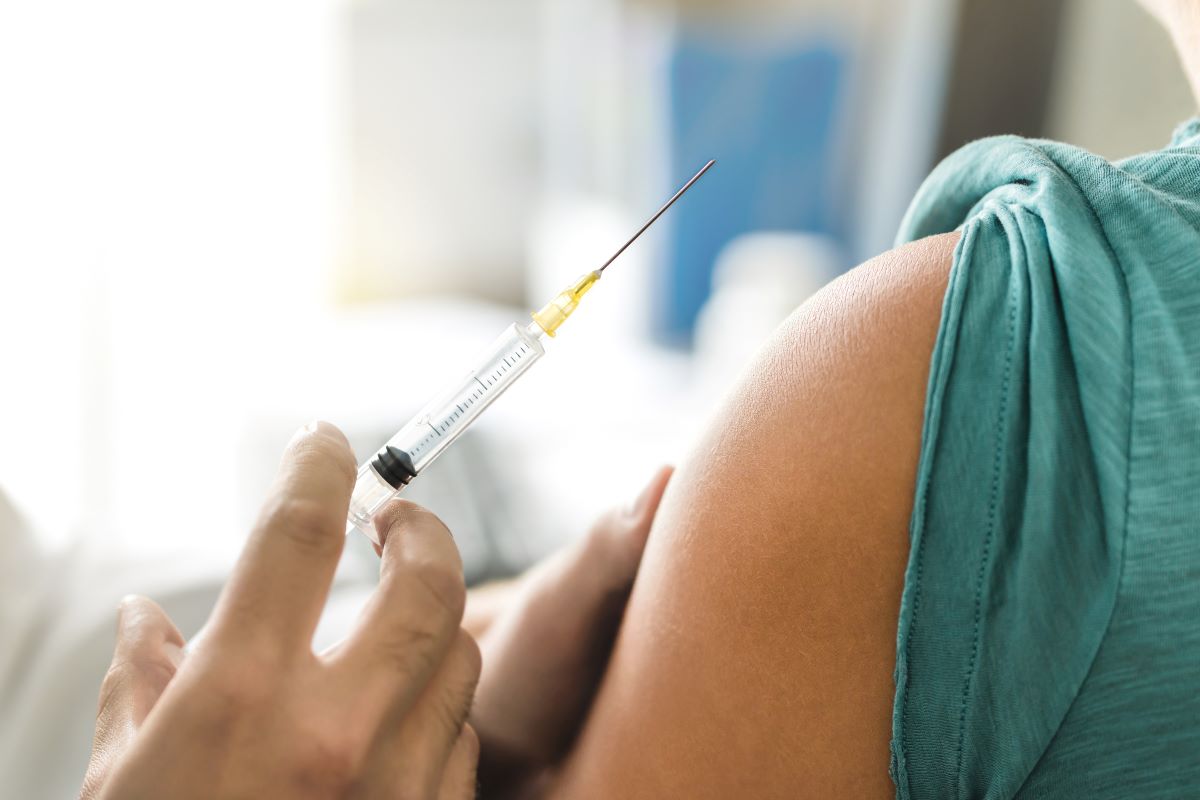Vaccination has been a major topic of conversation for months now. The COVID-19 pandemic is a significant source of anxiety for many, so it’s normal for Quebecers to want more information on the current vaccination campaign.
One of the most common questions on the subject is undoubtedly “is the COVID-19 vaccine mandatory in Quebec?”
In this article, our health lawyers explain vaccination regulations in Quebec and what the law states about exceptional situations such as the pandemic.
Vaccine regulations in Quebec
In Quebec, there are no mandatory vaccines. As with all healthcare services offered in the province, healthcare professionals must obtain consent from the individual before administering the vaccine. That means that the individual is fully within their rights to accept or refuse the vaccine. Therefore, in principle, Quebecers cannot be forced to receive the vaccine against their will.
What is the age of consent for vaccination?
Consent must also be obtained before administering care to minors, but the requirements are slightly different. For children and adolescents under the age of 14, consent from a parent or legal guardian is required in order to administer a vaccine.
Parents must base their decision solely on whether vaccination is in the best interests of the child. If they disagree, the rules concerning parental authority come into play.
Generally, adolescents 14 years of age or older can make their own decisions about vaccination. However, if they refuse a vaccine that is determined to be in their best interests for health reasons, a court may intervene and require the vaccination.
COVID-19 vaccination: an exceptional case
Normally, the regulations described above remain in effect and vaccination is optional.
However, in accordance with the Public Health Act, the government may make vaccination against a particular disease mandatory for all or part of the population in exceptional cases. There are two conditions that must be met in order to enforce mandatory vaccinations: a public health emergency must be declared, and a contagious disease must be threatening the health of the population.
In the case of the COVID-19 pandemic, the Quebec government has not made vaccination mandatory as of August 2021, even though it is permitted by law. However, the federal government has made vaccination mandatory for certain individuals, and the Quebec government has imposed certain restrictions on people in Quebec who refuse to be vaccinated.
Let’s take a closer look at these new regulations.
Mandatory COVID-19 vaccination for some federal employees
On August 13, 2021, The Canadian government announced that the COVID-19 vaccine would be required for all federal public service employees. Employees in the federally regulated air, rail and marine transportation sectors will also have to be vaccinated by the end of October.
What about provincial government employees?
Quebec has indicated that it does not intend to make vaccination mandatory for its public servants at this time. However, due to the rapid spread of the Delta variant in the province, the government is considering making vaccination mandatory for healthcare workers.
Are employers allowed to make vaccines mandatory for their employees?
Generally speaking, employers are not permitted to impose vaccination on their employees. However, in cases where vaccination is needed to ensure the safety of the workers and people using the service (e.g. during an outbreak of a contagious disease), employers have the right to make vaccination mandatory for their employees.
Workers can still refuse to be vaccinated if their employer implements such a measure, but employers have the right to take disciplinary action against employees who refuse to comply.
An overview of Quebec’s vaccine passport
Quebec’s vaccine passport comes into effect in September. Its purpose is to permit people who are considered adequately protected against COVID-19 to access establishments and activities that are deemed non-essential, such as:
- High-risk activities where a limited number of people congregate in one place (gyms, restaurants, bars, etc.)
- Moderate-risk activities where a large number of people congregate (shows, festivals, etc.)
The vaccine passport is a digital document that certifies that a person is protected against COVID-19. The establishments, facilities and activities subject to this regulation will scan the document to verify that the individual is entitled to use their services under the current rules.
For more information about Quebec’s vaccine passport, visit the government of Quebec website.
MedLégal: health law experts at your service
Generally speaking, vaccination is not mandatory in Quebec. However, in exceptional situations like the COVID-19 pandemic, the Public Health Act gives the provincial government the right to impose vaccination if a public health emergency is declared and a contagious disease threatens the health of the population.
At the time of writing, vaccination against COVID-19 remains optional in Quebec. However, people who are considered adequately protected against the virus are permitted to access more non-essential establishments and activities using the vaccine passport.
Although this measure may infringe upon Quebecers’ rights and freedoms as set forth in the federal and provincial charters, it is likely that the violation would be considered justified. In order to invalidate a government measure, a court would have to determine that it not only violates a right protected by the charters, but is also unjustified in a free and democratic society.
The government could therefore meet its burden of proof by demonstrating that, given the virulence of the COVID-19 variants and the healthcare system’s limited capacity to handle a fourth wave without infringing on the rights of other users, the vaccine passport is a rational public health measure and the rights violation is justified.
Do you have questions about your rights and recourses when it comes to health care? The experts at MedLégal are here to help! Contact us for more information.







